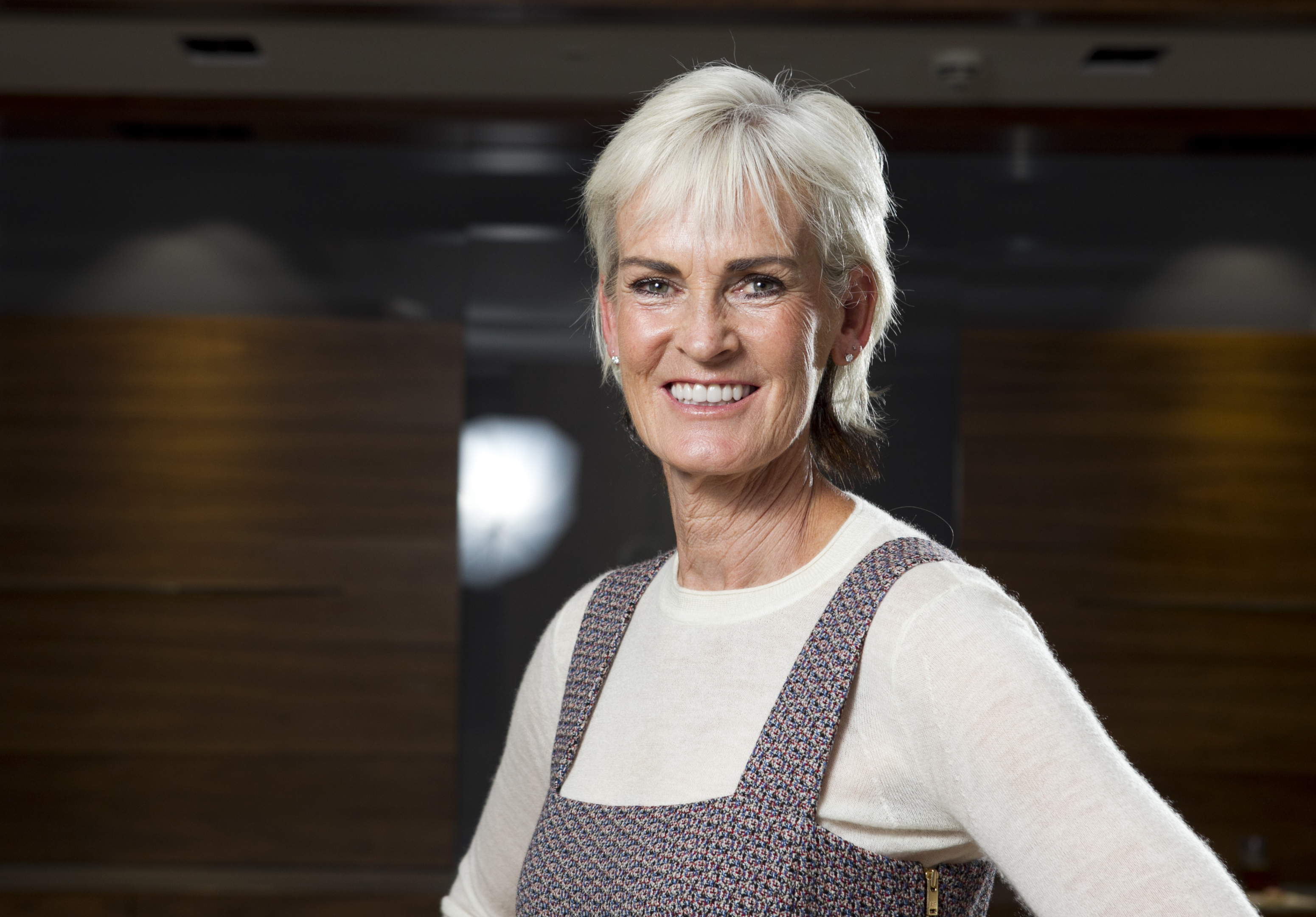
I’m aware so much has changed for women since my mother and grandmother were fighting for things like the right to vote or pay parity, but sometimes you read an article or a piece of research and ask yourself, “Why are we still fighting for such simple equalities?”
That was the case for me last week, when I came across a new report which suggests women could be more than £70,000 worse off than men by the time they reach retirement – mostly because we spend more of our lives working part-time while juggling childcare and other family responsibilities.
I was initially gobsmacked the gap could be so vast, but the more I read, the more I realised it’s really not at all surprising. When it comes to starting a family, women are the ones who have to take time away from work and it seems we are financially penalised for that when it comes to drawing our pensions.
I saw that a Tesco store in Cardiff had deemed sanitary towels and tampons as “non-essential” items. Seriously?
These are examples of how women’s circumstances are still not properly considered when decisions are made – and that probably comes down to the fact that men are the ones making them.
Not Keeping Up with Kim
Just when you thought the Kardashian clan had finally sailed off into the sunset towards retirement, they’re back – and chasing more headlines.
Last week, former reality TV star Kim shared pictures from her family’s luxury private island getaway, which she said followed “two weeks of multiple health screens and asking everyone to quarantine”.
After 2 weeks of multiple health screens and asking everyone to quarantine, I surprised my closest inner circle with a trip to a private island where we could pretend things were normal just for a brief moment in time. pic.twitter.com/cIFP7Nv5bV
— Kim Kardashian West (@KimKardashian) October 27, 2020
That’s right, in the middle of a pandemic that has claimed people’s lives, jobs and financial security, the 40-year-old tweeted about how she is “humbly reminded of how privileged” she is.
Sorry, Kim, but we simply don’t want to Keep Up with your lot anymore.
The producers of Comic Relief have announced they will no longer send celebrities to make promotional films in African countries, after deciding the approach reinforces the “white saviour” stereotype.
Well, I for one think it’s a decision that should have been made a long time ago. I understand the need to highlight the issues of hunger, poverty and disease, but do we really need celebrities like Zoe Ball parachuted in and paraded around to recognise the problem?
I’ve always felt uncomfortable seeing famous people walk around a shanty town for a promotional video, only to probably stay in a five-star hotel later that night. So I’m glad the practice is coming to an end.
After all, in times like these, shouldn’t every single penny raised go straight to the source rather than PR budgets?

Enjoy the convenience of having The Sunday Post delivered as a digital ePaper straight to your smartphone, tablet or computer.
Subscribe for only £5.49 a month and enjoy all the benefits of the printed paper as a digital replica.
Subscribe